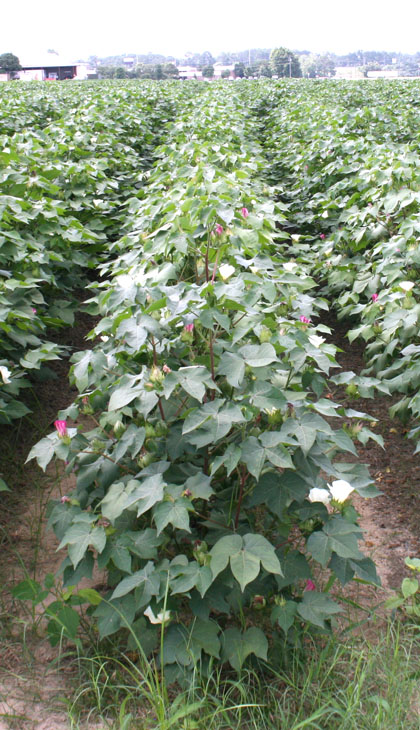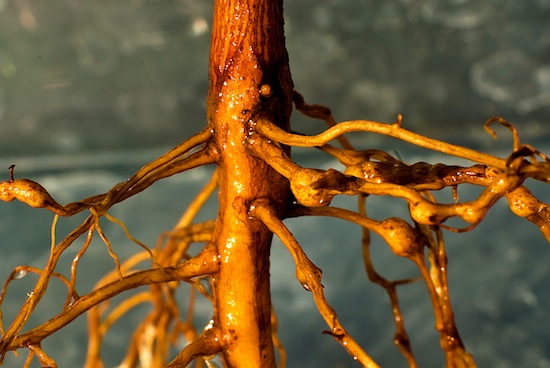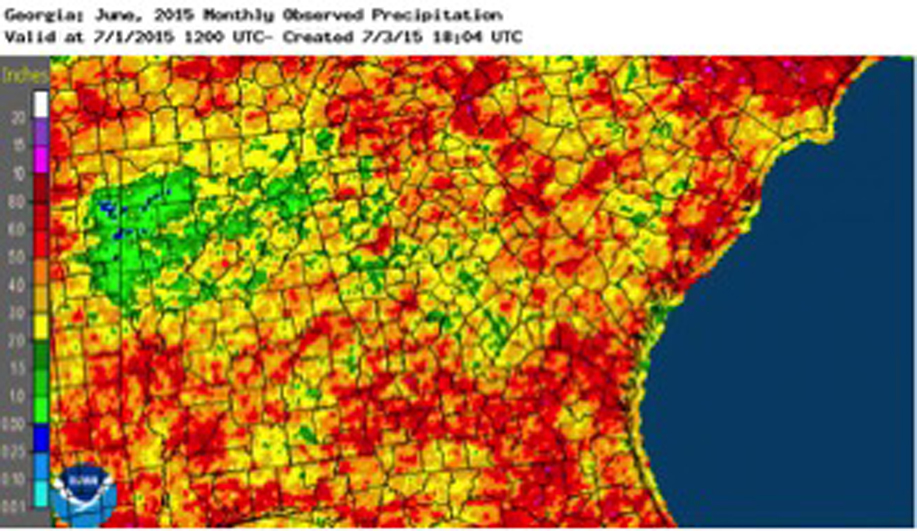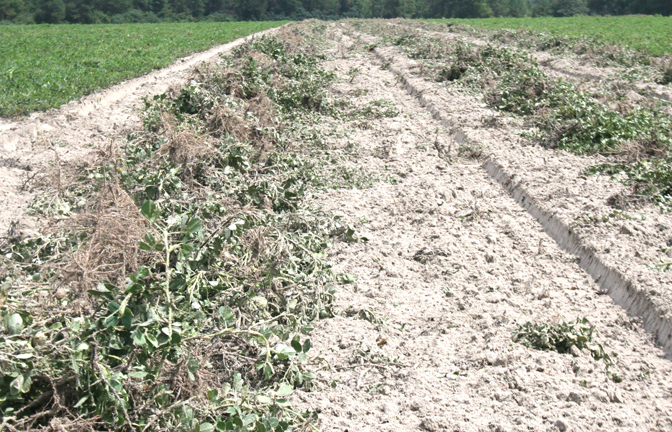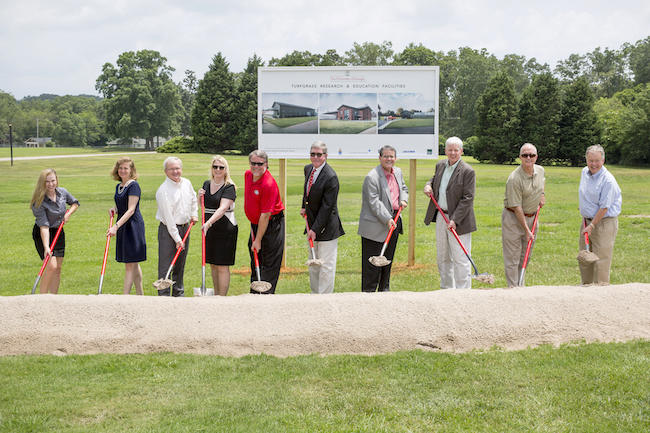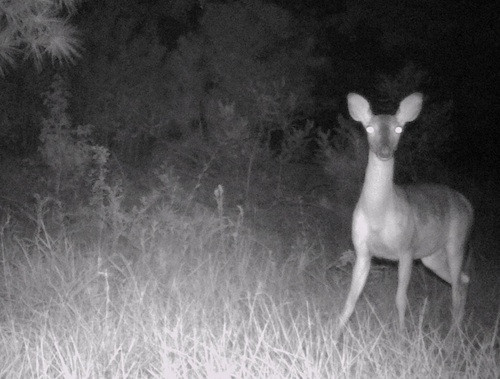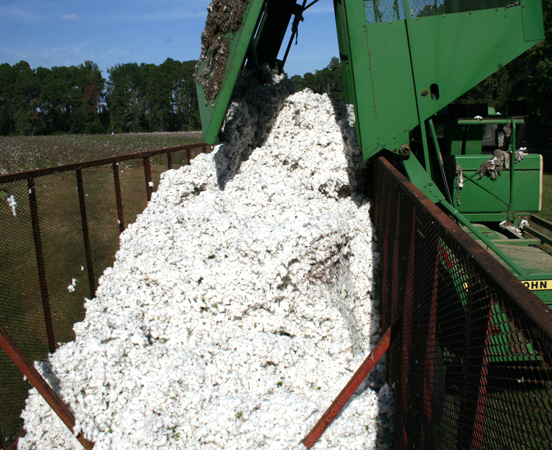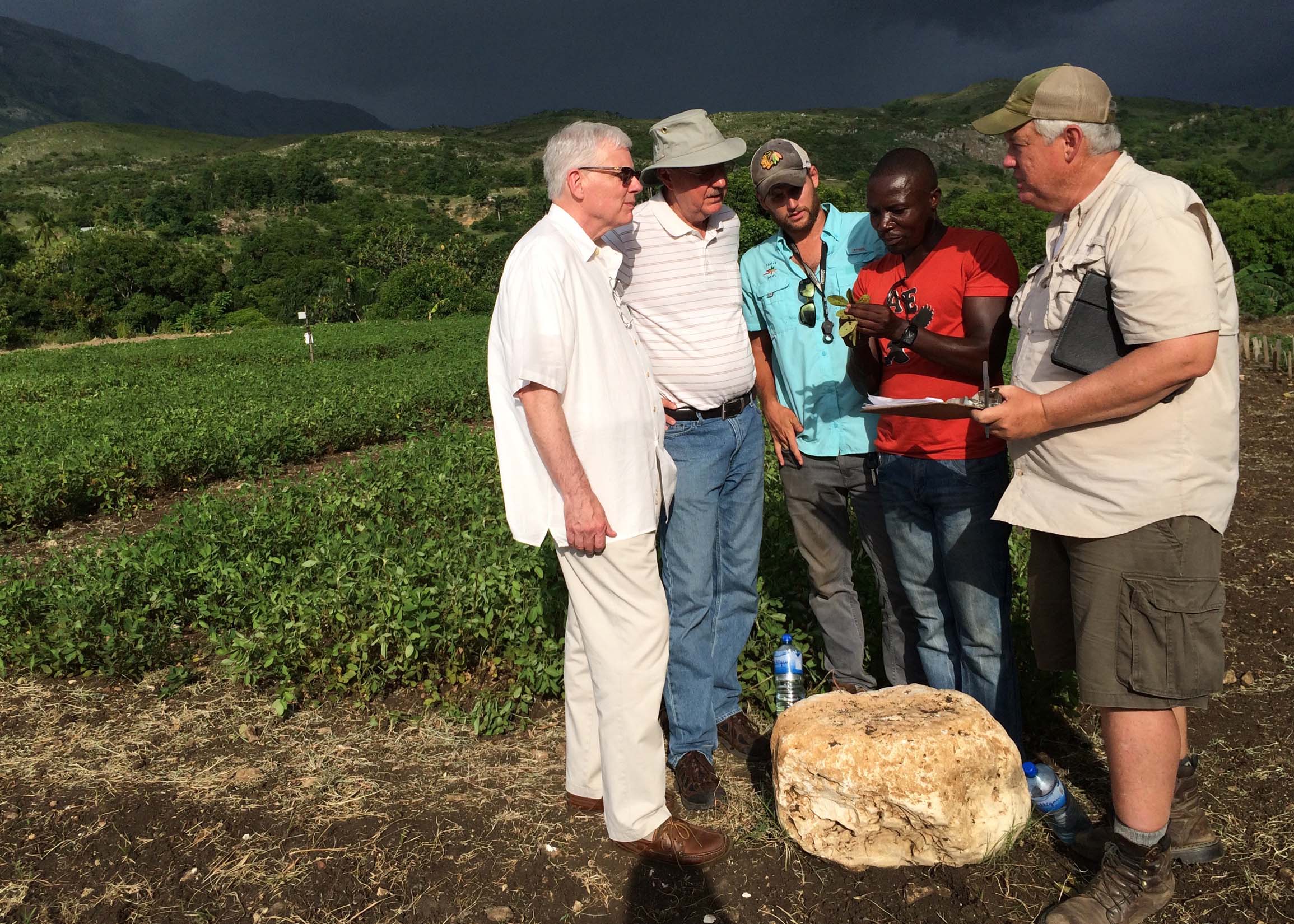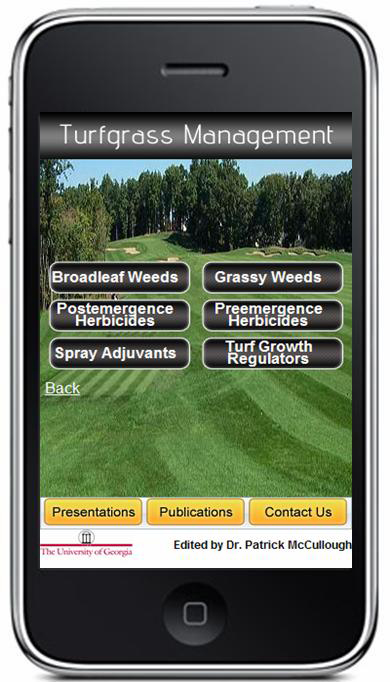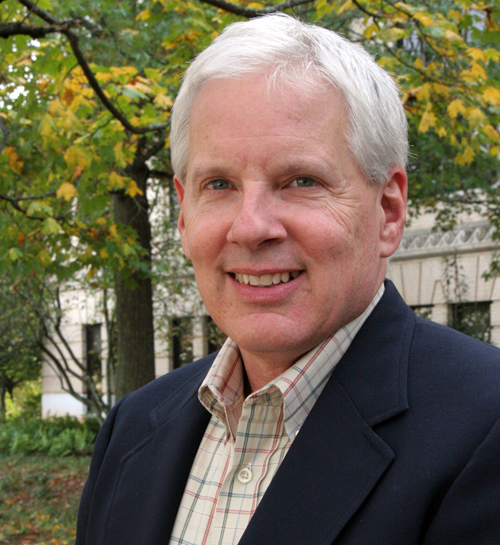 CAES News
CAES News
Dean Angle
J. Scott Angle, who has served as dean and director of the University of Georgia’s College of Agricultural and Environmental Sciences for the past decade, has announced that he will step down from his position to lead a global organization that works to alleviate hunger

